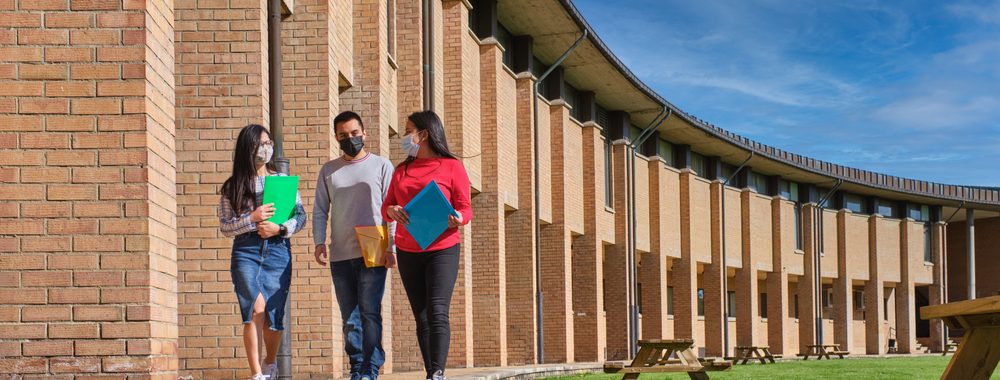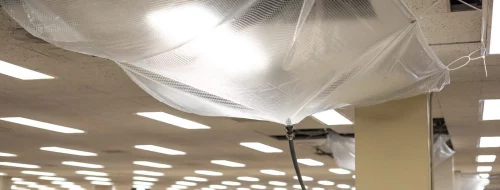Colleges are home to all types of facilities. Beyond classrooms, you can find several different types of spaces like community workspaces, resident halls, restaurants, science labs, administrative offices, and more on any given campus. While this can be extremely convenient for those on campus, it leaves room for different problems.
Problems Can Arise at Any Time on a College Campus
McMahon Services has a service area that includes Oak Park, Palatine, Wheaton, Naperville, and the surrounding northern Illinois cities. This busy area includes over 100 colleges and universities. These schools can experience sudden, crippling disasters like fire and flood damage at any time, regardless of the season. Here’s what you need to know about the causes of (and how to prevent) water and fire damage on campus.
Causes of Water Damage
When we think of water damage, we tend to think of flooding from heavy rain or melting snow. However, there are other causes of water damage that can occur in any building on campus. It is important to know what to look for and how to prevent flooding before it starts.
- Bursting or leaking pipes. One of the leading causes of water damage is bursting or leaking pipes. While these are not easily spotted since they tend to be behind walls, burst pipes can also be caused by blocked pipes due to clogs in sinks or toilets. If you notice any clogs or backups in the plumbing, take care of the problem quickly to prevent pressure build-up in the pipes.
- Appliance issues. Appliances age over time, and may start to malfunction. Hoses that connect the appliance to the plumbing system may begin to crack and leak, causing pipes to rust and crack, creating the perfect conditions for flooding. The most common appliances that cause water damage are washing machines and water tanks.
- Foundation cracks. In older buildings, cracks in the foundation can begin to allow moisture to flow into the basement causing leaks and potential mold and mildew to form. In addition to health problems, mold and mildew can also lead to structural issues in the building if left untreated.
How Universities Can Prevent Water Damage
While water damage may be something that college buildings are susceptible to, it doesn’t mean that there aren’t ways that your university facilities staff can prevent flooding from occurring.
- Inspect your plumbing for cracks and old pipes. As buildings age, it is important to keep an eye on the pipes in all of the buildings and repair any cracked or damaged pipes as quickly as possible. As we discussed previously, take care of any clogged pipes in a timely manner as well.
- Winters can be brutal in our area, so it is important to winterize your pipes to keep them from freezing.
- Check appliances in all residence halls and restaurants on campus to make sure hoses and pipes are whole and are not showing signs of wear and tear.
Top Causes of Fire Damage
Colleges have a lot of people doing many different activities, and as a result there are many ways that a fire can break out. With so many potential causes, it can be difficult to know where a fire will strike, but if you know what to watch for, you can be prepared for the worst.
- Cooking is the cause of 83% of campus fires. On-campus there can be many different types of cooking fires. Dorm rooms may be equipped with hot plates or microwave ovens, restaurants may have professional kitchens, and faculty lounges may have other cooking methods.
- Smoking is a close second for causing campus fires. Designate areas where smoking is allowed and have fireproof containers specifically for smokers to extinguish their cigarettes.
- Faulty electrical writing in lighting, overloaded outlets, or old extension cords can lead to electrical fires.
- Small appliances like space heaters that are left unattended can cause fires that spread quickly through a dorm room.
- Untested fire safety equipment can prevent residents, students, and faculty from getting to safety in the event of a fire.
Preventing Fire Damage on College Campuses
Fire damage may happen, but there are different ways to keep the flames at bay.
- Make sure that smoking is kept in designated areas. Put no-smoking rules in place in common areas of the school, in dorm rooms, and around flammable materials in science labs. Designated smoking areas should have fire-proof containers to extinguish their cigarettes and there should be a fire extinguisher nearby in case of fire.
- Rules for cooking in dorm rooms and public spaces should be established in the residence hall rules. If cooking is allowed in dorm rooms, make sure that no appliances are left unattended.
- All electrical cords must be tested and checked to make sure they are intact and in good working order. NEVER overload an electrical outlet, extension cord, or power strip.
- Unplug space heaters when not in use, and never put them too close to any materials that may be flammable.
- Test fire safety equipment every 6 months. This includes all fire alarms and fire extinguishers.
Call McMahon Services
As you take these precautions, accidents can happen, especially on a large college campus. Having a disaster restoration company available to help 24/7 can help fix the problem quickly, and assist with insurance claims, construction repairs, and everything in between. We serve all schools in Arlington Heights, Berwyn, Des Plaines, Evanston, Mount Prospect, Grayslake, Mundelein, Libertyville, Oak Park, Palatine, Wheaton, Naperville, Waukegan, Schaumburg, Skokie, and surrounding areas and have 24/7 emergency response services. If your maintenance team needs expert support for a sudden disaster, don’t waste valuable time: Contact us today.








0 Comments